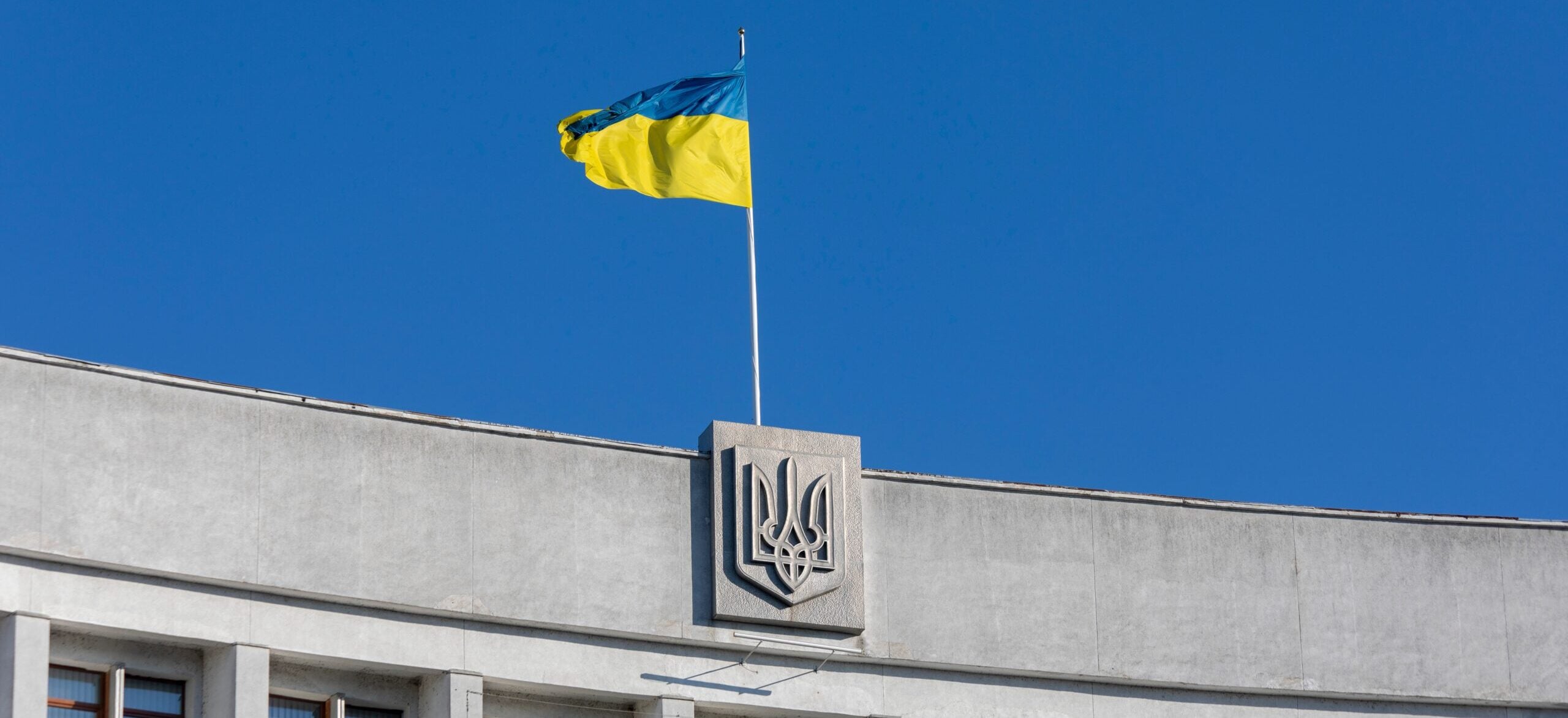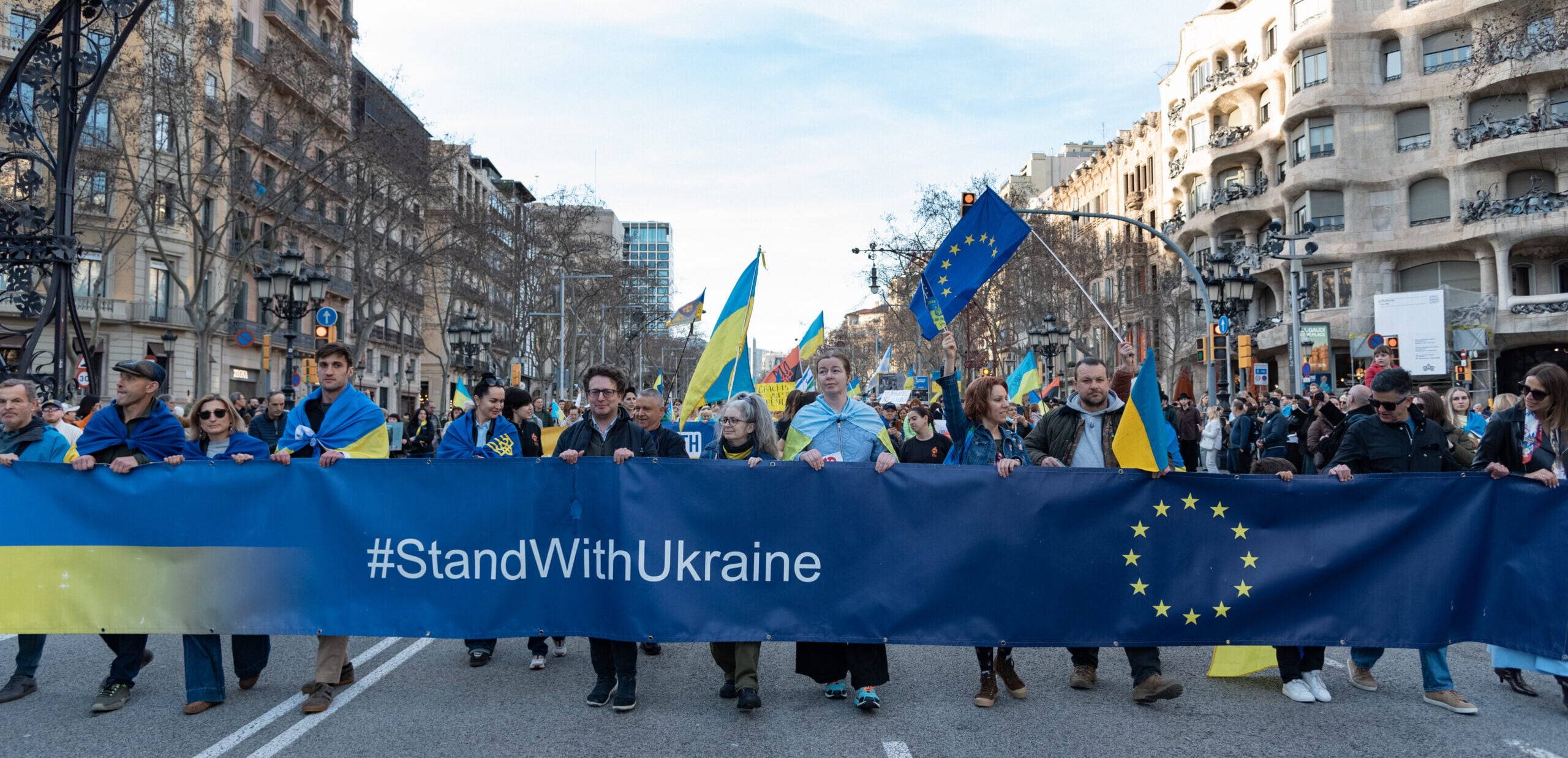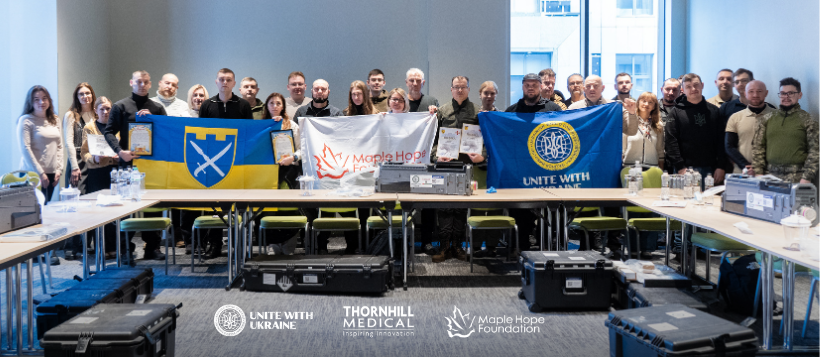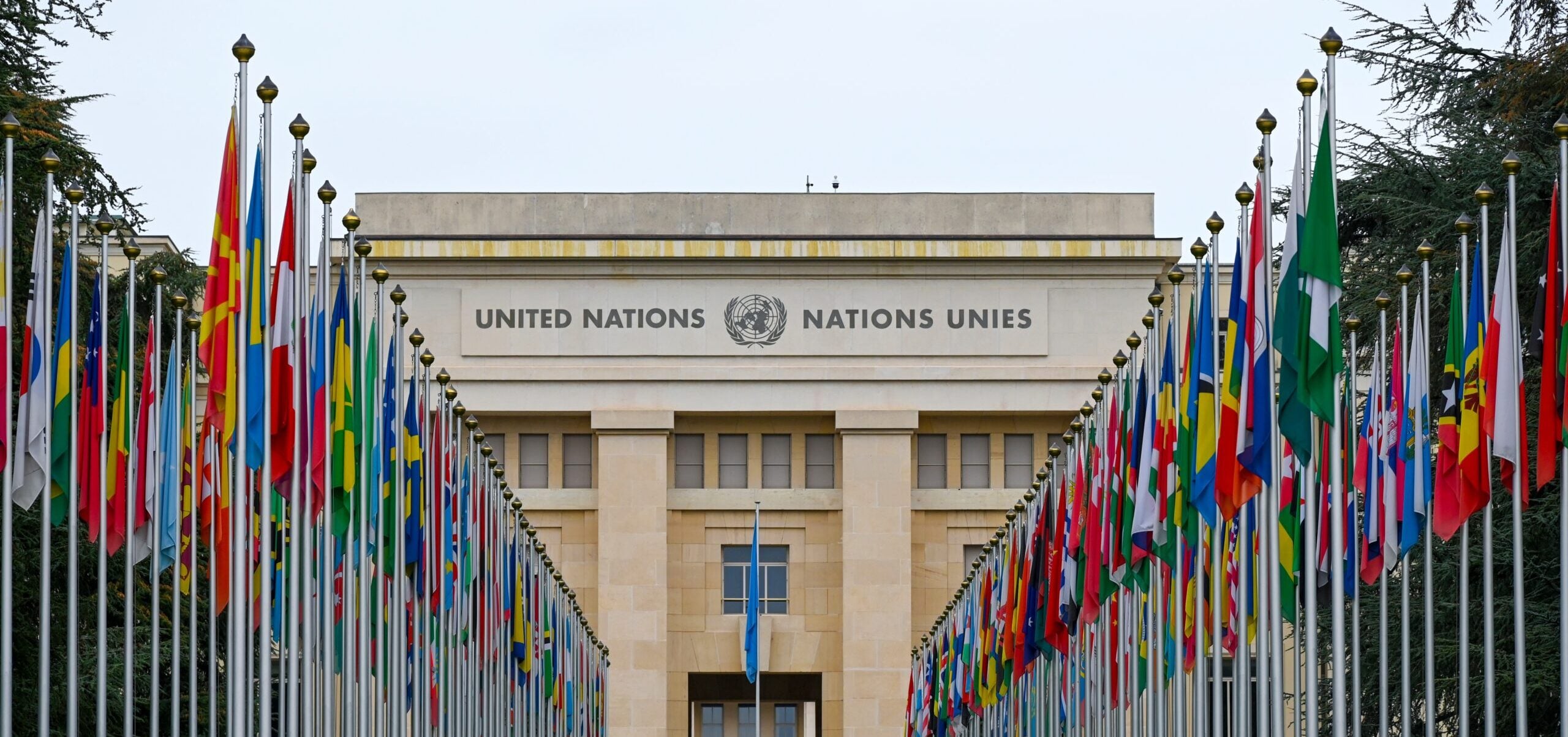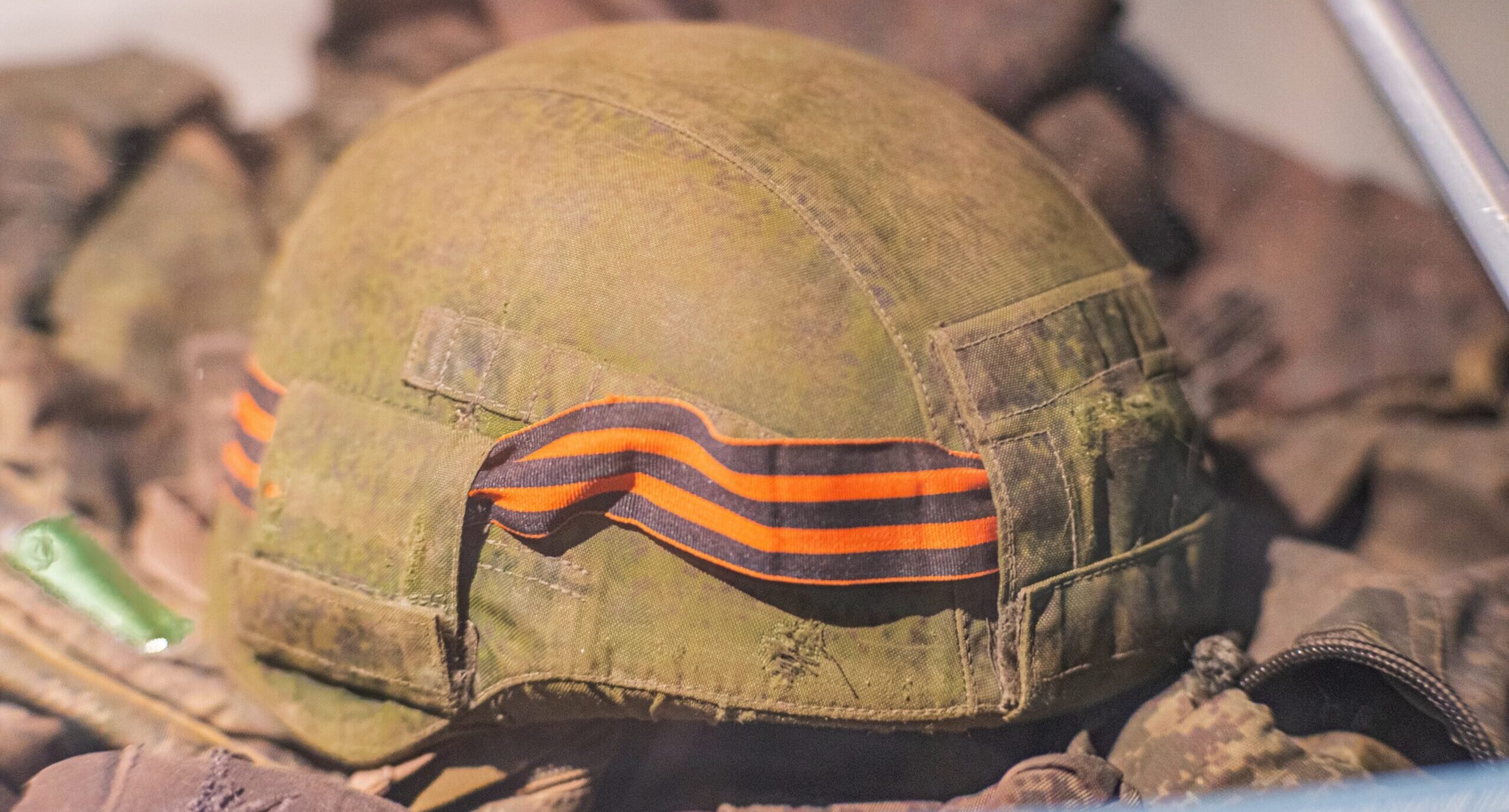

by Yigal Levin is an analyst and senior lieutenant in the Israel Defense Forces’ ground force.
Source: Yigal Levin on Facebook
Two seemingly contradictory narratives about Russia have gained traction — both common, yet vastly different.
The first: Russia has exhausted its Soviet-era stockpiles of weapons, is hemorrhaging troops and equipment, and advancing through Ukraine at a snail’s pace, suffering massive losses.
The second: That same Russia is “bulking up” militarily, aiming to be fully prepared for a potential confrontation with NATO by 2030.
So why do European military officials voice both views?
The first reason is military funding logic.
Armed forces always highlight worst-case scenarios.
It’s how they secure budgets for militarization and modernization. If Russia is seen as weak and collapsing, what’s the point of pouring billions of dollars into rearming and expanding NATO forces?
Reason two: Smart officers plan for the worst.
Competent military leaders don’t prepare for the ideal outcome.
Instead, they prepare for the nightmare.
Take Israel, for example. As it readied for a potential war with Iran, its military spent years training for aerial combat, anticipating major aircraft losses, facing an active Iranian air defense system, and absorbing massive missile barrages. They ran contingency plans for national blackouts and far worse.
When the actual 12-day campaign against Iran came, Israel decimated Iranian air defenses and achieved total air superiority over Tehran, the nation’s capital.
By the end, Iran’s ability to launch rockets had dwindled to a few dozen a day, none of which caused a nationwide catastrophe.
In post-conflict interviews, Israeli pilots even lamented that Iran never engaged them in air combat — despite all the training. Israel had a dedicated squadron for practicing dogfights, just in case.
The takeaway? Military preparedness must exceed the scale of current reality — because that reality can flip overnight.
That’s exactly how NATO generals are thinking when they run simulations for a war with Russia. They’re not reacting to today’s headlines — they’re preparing for the worst-case version of tomorrow.
Reason three: Russia’s terrifying endurance.
Beyond military doctrine and budget politics, there’s a deeper concern: Russia has proven its soldiers are willing to fight — and die — in massive numbers. And its population seems disturbingly willing to accept it.
Set aside how effective that sacrifice is (not very, given the losses). The fact remains: Russia can throw 100 soldiers into a pointless assault with no real success, and nobody at home protests. In Europe, losses like that would trigger mass demonstrations and political upheaval.
This is what scares European and even American commanders the most — not the nuclear arsenal, but Russia’s sheer tolerance for loss. As French Army Chief of Staff General Thierry Burkhard recently warned, Russia may outlast Europe in a prolonged conflict because of its higher threshold for pain.
Russia has displayed almost irrational resilience and acceptance of mass casualties.
No other country would fight this way — not Iran, not North Korea, not India or Pakistan (who are now trying to mend ties). Even China — theoretically capable — hasn’t fought a major war in over 50 years.
Russia stands alone as the only country on Earth willing to burn through a million of its own people for the sake of ruined villages and scorched earth. And the horrifying part? The public doesn’t care.
So no, it’s not nukes that keep Europe up at night.
It’s the brutal, almost inhuman capacity of Russian troops to obey orders under appalling conditions — torture, humiliation, degradation, and even death.
That’s why European militaries are sounding the alarm.
They’re right to prepare for a potential war with Russia. The fact that Russia is slowly grinding its way through Ukraine — while depleting its stockpiles — doesn’t make a future NATO-Russia conflict less likely.
The Russians have already proven one thing: they’re willing to die en masse. Their government is willing to let them. Their people are willing to support it.
What would Europe do in the same scenario?
That question is still unanswered.
Cover: Shutterstock
